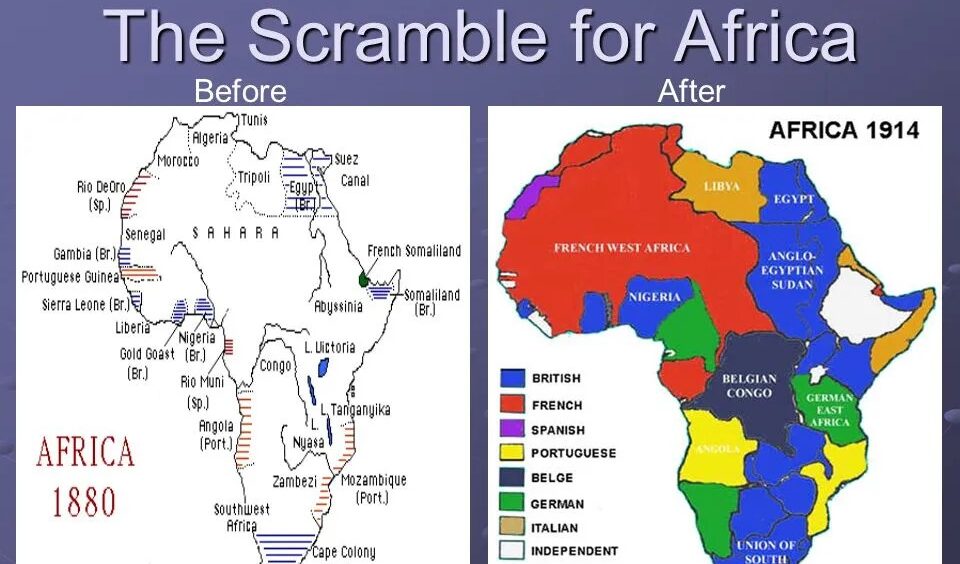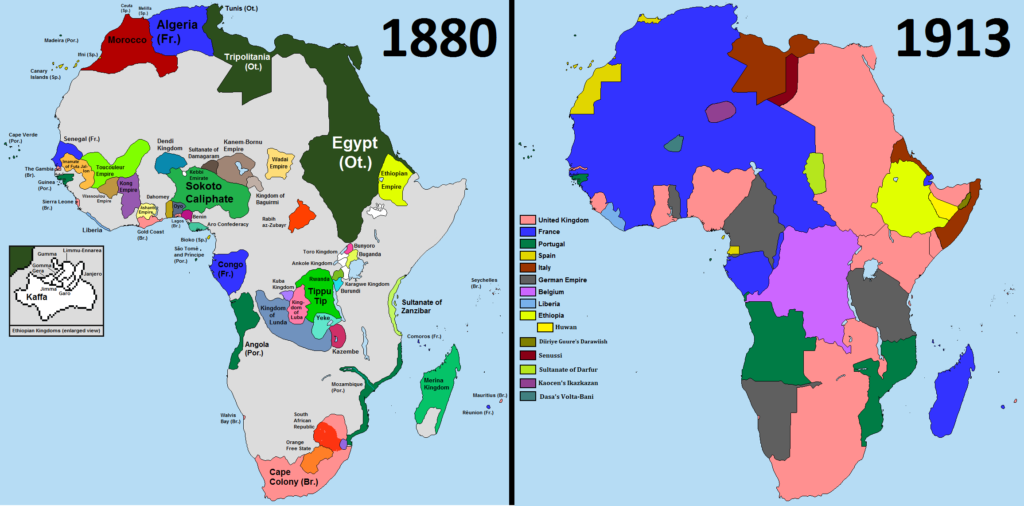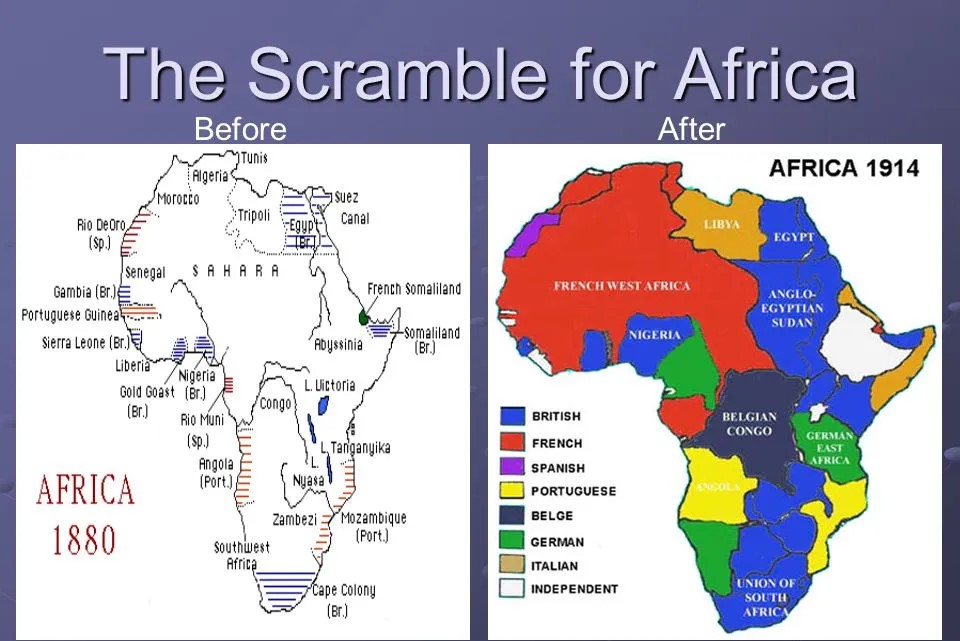The Scramble for Africa – A Historical Perspective on Colonization

The “Scramble for Africa” refers to the intense period of colonial expansion in Africa by European powers during the late 19th and early 20th centuries. This era, which lasted roughly from the 1880s to World War I, saw various nations vying for control over African territories, resources, and markets. The motivations behind this scramble were primarily economic, political, and social. European countries sought new markets for their industrial goods, as well as access to raw materials to fuel their growing economies. Moreover, national prestige played a significant role, with countries eager to expand their empires. This article explores the key factors, events, and consequences of the scramble for Africa, shedding light on its lasting effects on the continent and its people.
Historical Context of the Scramble for Africa
Before delving into the specifics of the scramble for Africa, it is essential to understand the context in which this phenomenon occurred. By the late 19th century, the Industrial Revolution had transformed European economies, creating a demand for new markets and resources. This economic drive coincided with advancements in transportation and communication, such as steamships and telegraphs, which made it easier for European powers to explore and exploit distant territories. Furthermore, the decline of powerful African empires and the political instability in many regions made Africa appear vulnerable to colonization. The Berlin Conference of 1884-1885, convened to regulate European colonization, marked a turning point, leading to the rapid division of the continent among European powers.
Key Players in the Scramble for Africa
Several European nations emerged as major players during the scramble for Africa. Britain, France, Germany, Belgium, Portugal, and Italy were the most prominent colonizers. Each country had its own interests and strategies for acquiring African territories. Britain focused on creating a vast empire, emphasizing control over Egypt and the Suez Canal, which served as a vital link to India. France sought to expand its influence in West and North Africa, establishing a colonial presence that included Algeria and Senegal. Germany, a latecomer to colonialism, quickly sought to claim territories in East Africa and Southwest Africa. King Leopold II of Belgium’s personal control over the Congo Free State exemplified the brutal exploitation inherent in the scramble, with severe consequences for the local population. Each of these nations contributed to the continent’s fragmentation, imposing their political and social systems on diverse African societies.

Consequences of the Scramble for Africa
The scramble for Africa brought about profound and lasting changes to the continent. European powers imposed arbitrary borders that disregarded existing ethnic, cultural, and linguistic divisions. This lack of consideration led to conflicts that continue to affect African nations today. Furthermore, the exploitation of Africa’s resources often resulted in the depletion of natural wealth without fostering sustainable development. Infrastructure projects, such as railroads and ports, primarily served colonial interests, facilitating the extraction of resources rather than benefiting local communities. Additionally, the introduction of European education systems, languages, and governance structures disrupted traditional ways of life. The social fabric of many African societies was altered, leading to tensions between indigenous populations and colonial authorities.
The Legacy of the Scramble for Africa
The legacy of the scramble for Africa continues to shape the continent’s political, economic, and social landscape. Many African nations still grapple with the consequences of colonial rule, including ethnic tensions, economic dependency, and political instability. The arbitrary borders drawn during the scramble often resulted in conflicts that have persisted long after independence. Additionally, the exploitation of resources has contributed to ongoing economic challenges, as many countries struggle to diversify their economies and reduce dependence on foreign investment. Efforts to address these issues require a nuanced understanding of the historical context and the long-term impacts of colonialism. Recognizing the struggles of African nations and their resilience in the face of adversity is essential in fostering meaningful partnerships and supporting sustainable development.
Conclusion: Reflecting on the Scramble for Africa
Understanding the scramble for Africa is vital for grasping the complexities of the continent’s contemporary challenges. The motivations, actions, and consequences of this period provide critical insights into the ongoing struggles faced by many African nations. As global citizens, it is essential to learn from history and acknowledge the past while supporting the efforts of African communities to build a more equitable and sustainable future. By recognizing the impact of colonialism, we can foster meaningful dialogue and collaboration that respects the sovereignty and aspirations of African nations.













